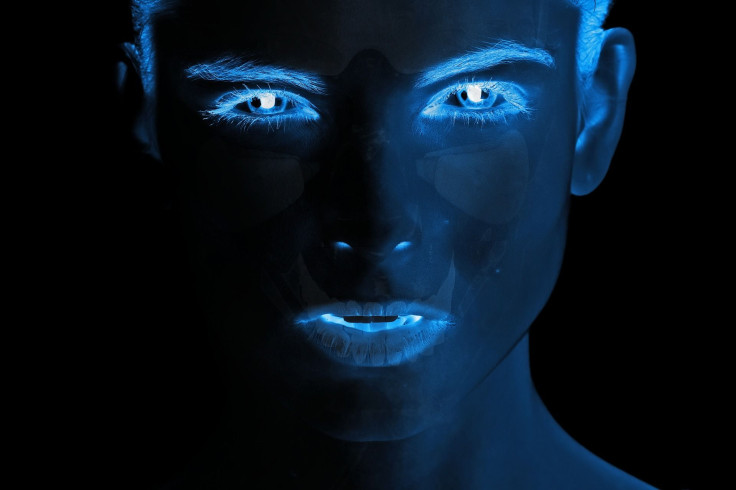Where AI Meets Neuroscience: How The Human Brain Will Make Robots Smarter

Experts who want to build a better robot are calling for brain scientists and artificial intelligence programmers to work together, saying it will benefit both the advancement of AI technology and our understanding of the human mind.
It’s not about making an exact replica of the human brain and placing it into a robot. Neuroscientist-turned-AI researcher Pascal Kaufmann told International Business Times that the focus should be on understanding how the brain works as a whole, rather than piece by piece, and then using the principles that govern it in an artificial mind.
He compares the development of artificial intelligence to the invention of the airplane: Human beings could not replicate a bird wing with all its nuances, but they created a plane by using the scientific principles by which a bird flies and it worked just as well.
Read: Humans vs. AI: The History and Future of Artificial Intelligence
Some programmers are trying to mimic the human brain but “I think that’s pointless … to copy [and] paste nature,” Kaufmann said.
The relationship between the different fields could be a good thing for both. Kaufmann also describes a situation in which AI programmers could plug neuroscientists’ experimental algorithms and ideas into an advanced artificial brain and see what comes out, with the information guiding their understanding and future efforts.
“A lot of neuroscientists have theories they cannot prove,” he said, but this could provide a whole new way for them to verify or falsify what we think we know about the human brain. And that could change everything.
Artificial intelligence has been very visible in the news lately because of a small feud between Facebook CEO Mark Zuckerberg and SpaceX CEO Elon Musk, with the pair divided on whether the advancement of AI is a positive thing for humans or a disaster waiting to happen. Zuckerberg holds a more optimistic view, pointing to medicine as one of the many fields that could benefit from the improved technology and calling naysayers “pretty irresponsible” for conjuring images of artificial intelligence endangering humans. Musk, meanwhile, referred to the Facebook founder’s understanding of AI as being “limited” and has said that there needs to be more regulation around AI before something negative happens, like “robots going down the street killing people.”
But before society even gets to the point where robots could either transform health care or take over the world, the technology would have to improve. According to some experts, artificial intelligence will only get better by following the rules of the brain, but first programmers will have to work together with neuroscientists to lay out what those rules are.
“Neuroscience provides a rich source of inspiration for new types of algorithms and architectures, independent of and complementary to the mathematical and logic-based methods and ideas that have largely dominated traditional approaches to AI,” according to a review in the journal Neuron.
A group that includes the artificial intelligence researcher and neuroscientist Demis Hassabis, who is a founder of Google’s AI company DeepMind, wrote that article about how the two fields can join forces. He said while AI programmers often rely on logic and math to surge ahead, neuroscience can instead contribute new algorithms that are naturally present in the human brain that can be used to move the technology forward.
The authors note that if neuroscientists were to discover a “biological computation” that is crucial for certain cognitive functions, AI programmers would probably include it in their own systems. Additionally, neuroscientists could tell the programmers whether they are on the right track with what they are developing if the brain experts were to find that a known AI algorithm is also at work within a real brain.
In turn, neuroscientists can use artificial systems to test out their theories about real brains and that would make their work with the AI researchers benefit their own field too.
“The exchange of ideas between AI and neuroscience can create a ‘virtuous circle’ advancing the objectives of both fields,” the authors say.
Although this concept of collaboration could be seen as a sort of validation of the idea that the brain is essentially a computer made of organic material, Kaufmann, who is a founder of business software company Starmind, called that a misconception.
“Many people think the brain is a very complex computer, and I think that is wrong,” he told IBT. “The brain works fundamentally different from a computer.”
Read: Will Artificial Intelligence Predict Your Thoughts?
Just because they are different, however, does not mean they cannot learn from one another. Kaufmann wants to understand the principles that govern the brain’s function and how they together give rise to intelligence, and then use that information to improve artificial intelligence.
“Many people in AI believe that if you build computers you will ultimately crack intelligence,” he said. “Just having faster computers I think will not solve the issue at all.”
The study in Neuron jibes with his viewpoint, and explains that it’s not a one-way street: Neuroscientists will give but they will also get back.
Comparing a constructed algorithm-based brain to a human one “might yield insights into some of the deepest and the most enduring mysteries of the mind, such as the nature of creativity, dreams, and perhaps one day, even consciousness,” the study says. “We believe that the quest to develop AI will ultimately also lead to a better understanding of our own minds and thought processes.”
© Copyright IBTimes 2024. All rights reserved.





















